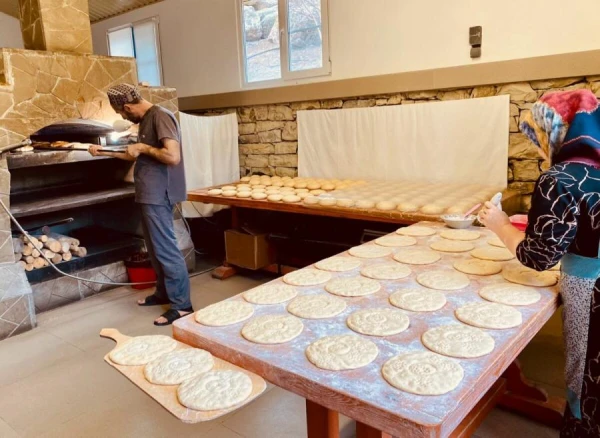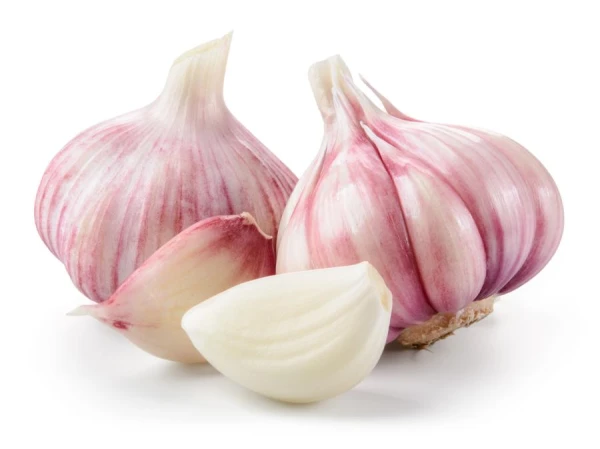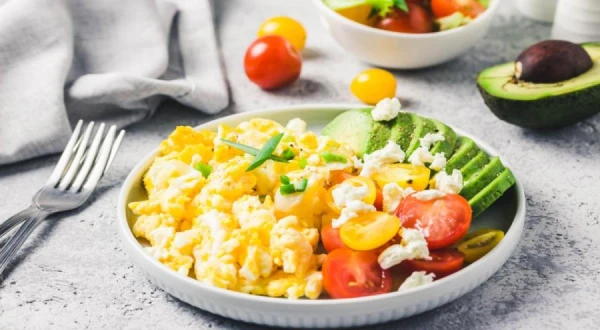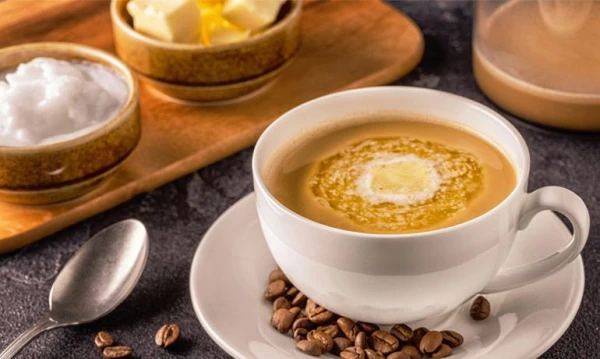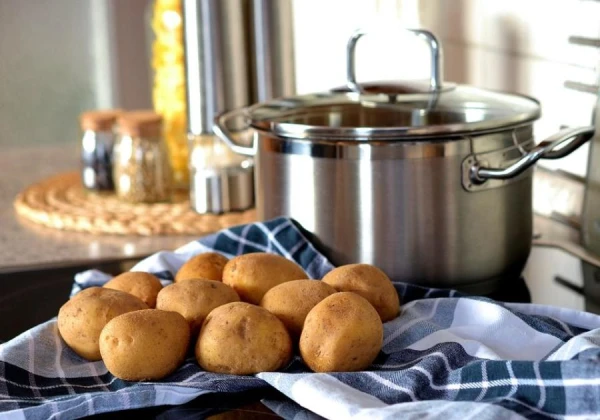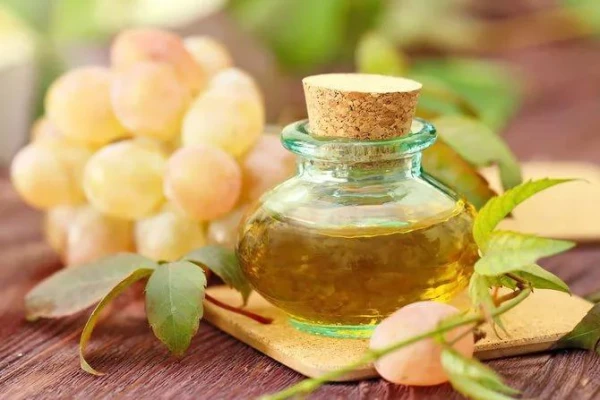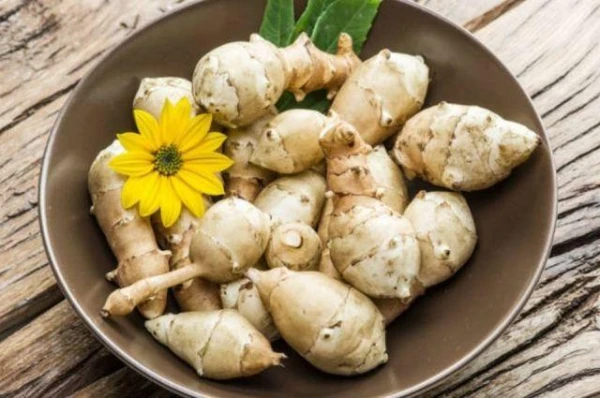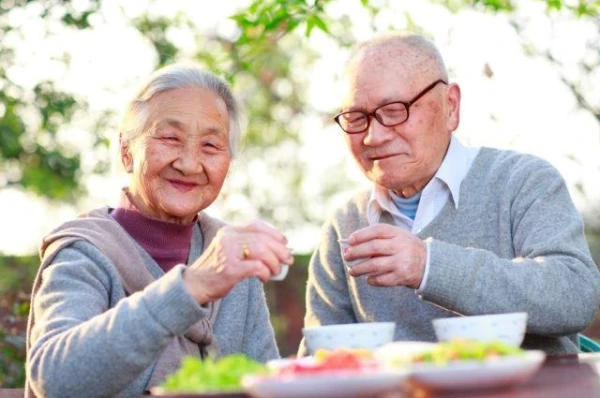
More and more people in Japan are reaching the age of 100. We share the secrets of their health and longevity.
According to data from the Japanese Ministry of Health, this year the country has recorded a record number of centenarians — 92,139 people, which is 1,613 more than last year. Of these, 81,589 are women aged 100 and older. The number of centenarians in Japan has been increasing since 1963, when statistics on life expectancy began; at that time, there were only 153 people over 100 years old. By 1998, their number had risen to 10,000.
Japanese people regularly make it into the Guinness World Records as the oldest people on the planet. Currently, the oldest Japanese woman, Kane Tanaka from Fukuoka Prefecture, is 116 years old, while the oldest Japanese man, Jiroemon Kimura from Kumamoto Prefecture, reached 111 years.
The life expectancy in modern Japan is one of the highest in the world: last year it was 87.09 years for women and 81.05 years for men. Due to the low birth rate, there are 73.74 centenarians for every 100,000 Japanese. Scientists attribute the longevity of the Japanese to a combination of dietary features, lifestyle, genetics, cultural traditions, and medical achievements.
Nutrition. Unlike Westerners, Japanese people consume significantly less meat, especially beef, dairy products, sweets, fruits, and potatoes. Instead, their diet includes more fish, seafood, rice, and soybeans. Traditional Japanese cuisine is characterized by low calorie content and balance; it is rich in vitamins, minerals, fiber, omega-3, and polyunsaturated fatty acids.
Japanese people consume few products with saturated fats and simple carbohydrates, which reduces the risk of obesity — less than 4% of Japanese are overweight (in the U.S., this figure exceeds 36%). This also helps avoid other metabolic disorders, cancer, and cardiovascular diseases.
The basis of Japanese cuisine consists of fresh seasonal vegetables, rice, fish (most often salmon and mackerel), eggs, soy products, seaweed, seafood, fermented products, noodles, and ginger. Most of the food is consumed raw or cooked “al dente,” which helps preserve vitamins and trace elements. Additionally, Japanese people prefer green tea, especially matcha, which is rich in natural antioxidants. This drink slows down aging, provides energy, strengthens the immune system, normalizes blood pressure, improves digestion, and helps fight cancer.
Moreover, Japanese people are not prone to overeating, feeling satisfied at only 80%. Food is served in small portions, and the eating process is leisurely, with attention paid to the appearance and taste of the dishes. Chopsticks promote slow consumption of food.
Lifestyle. Japanese people generally lead an active lifestyle from early childhood. They walk a lot and ride bicycles. Residents of the Land of the Rising Sun wake up early, and many practice traditional Japanese gymnastics. To relieve stress, they engage in meditation, calligraphy, and ikebana. Trips to the mountains and hot springs are also popular — this helps them relax and achieve tranquility.
Another cultural tradition that helps Japanese people stay fit is collectivism. Elderly people are not left alone; they are surrounded by the care of family, as loneliness and social isolation can shorten life.
Genes. Studies show that Japanese people have a certain genetic advantage. Their population predominantly carries variants of two genes that potentially contribute to longevity by preventing the development of type 2 diabetes and protecting against cardiovascular and cerebrovascular diseases.
Healthcare. The healthcare system in Japan is considered one of the best in the world. Since the 1960s, the government has covered 70% of all medical expenses, and for low-income citizens, 90%. The country has a well-developed network of modern clinics accessible to all segments of the population. Citizens of all ages regularly undergo health check-ups. Caring for one’s health is part of the culture: on average, Japanese people visit doctors, take tests, or undergo medical examinations 13 times a year, as reported by Health.mail.ru.
Ikigai. Japanese people follow the ancient philosophy of “ikigai,” which states that a person should not just exist but have a purpose and find joy in life. It is important to find a balance between what is good for you and what is beneficial for others — enjoying delicious food, helping people, and living surrounded by loving friends and family.
This worldview is particularly prevalent among the residents of Okinawa, known as the “island of immortals,” where there are many centenarians. Okinawans do not have the concept of “retirement”; they remain active into old age, socialize with neighbors and relatives, and care for those in need. Scientific studies confirm that having a purpose in life contributes to longevity, improving sleep quality and reducing the risk of chronic diseases. When the purpose in life is lost, the risk of sudden death increases. Therefore, it is essential to live with meaning and joy.
